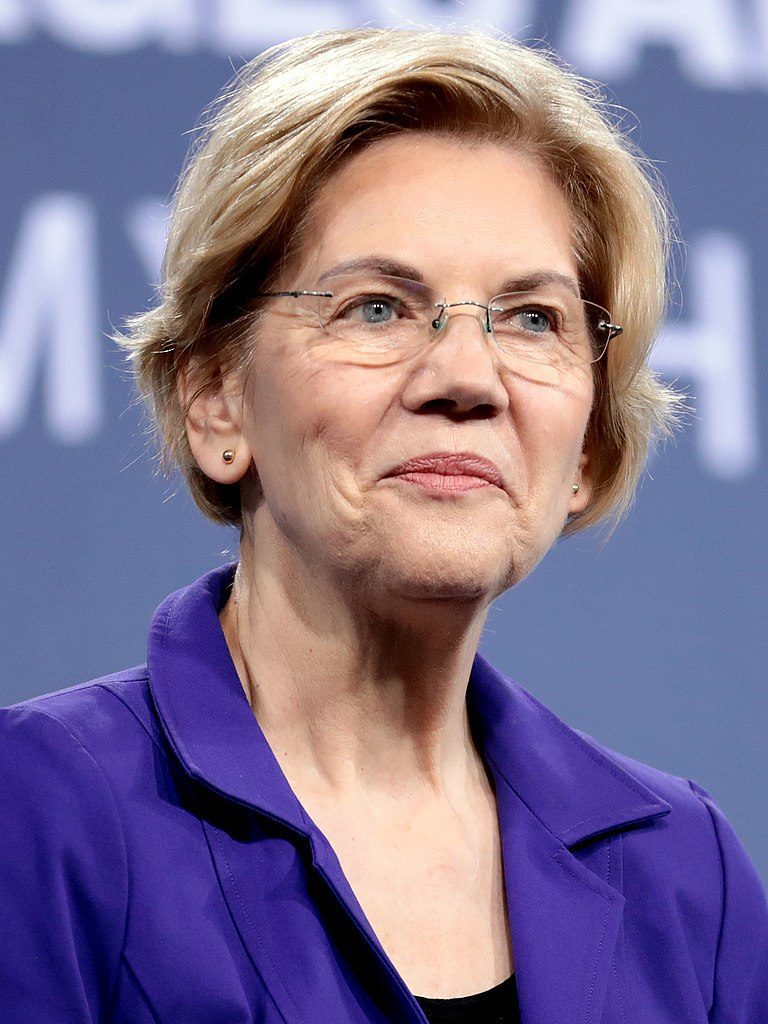The Dems Debate: Round One
By • June 27, 2019 0 841

Watching the first round of the Democratic Party’s convoluted, unwieldy presidential debate from futuristic Miami on Wednesday, June 26, kept bringing me around to the always sage-like statement that “All politics is local,” attributed most often to the late Democratic Speaker of the House Tip O’Neill (a legendary practitioner of the art and dealings of politics if there ever was one).
The debate was the opening salvo of the 2019-20 presidential election campaign on the Democratic side, not discounting the time when Donald Trump said, “I do solemnly swear,” at his inauguration and every day since then, including his official announcement on June 18, also in Florida, that he was running for reelection.
Round one of the Democratic Party debate, to be followed by another tonight, June 27, was hosted by the folks at NBC, with some of its stellar stars as moderators, inquisitors and, at times, cattle herders.
The spectacle — and it was a spectacle — was illuminating, confusing and entirely a part of the times we live in, in which politics has invaded our daily lives like a broke, insinuating family member who refuses to leave, promises to do the chores and pay rent and does neither.
In that sense, the old adage that politics is local — in the sense that politics occurs not just on Capitol Hill and in other domed places but in town halls, courthouses, shabby offices and taverns (or Starbucks, these days) — seems still true. It has a very democratic, American feel to it, that all governing is important, whether at the school board, municipal, one-cop-town level or in the White House and the halls of Congress.
That adage, in the times we live in and as practiced by the president we have and the elected officials we have elected, has been turned upside down. All politics isn’t local; rather politics and its practice have become a way of life, and a part of our life in ways that seem often ritualistic, pervasive and impossible to avoid and resist, a daily elephant in the room.
That’s why this debate and future ones are emblematic of the body politic, if you will, reflecting how daily life infects and ignites daily politics. Almost every mass shooting or multiple-fatality gun event ignites marches and debates about gun control. Every forest fire, flood, earthquake, hurricane and destructive tornado invites and ignites debates about climate change. The daily outbursts of charges of sexual assaults among the famous and not-so-famous ignite heated debates about gender and identity.
Issues like income disparity, housing availability, rich and poor, taxation, government regulation and its uses, corruption, pay-to-play, gun violence, education, the cost of medicines and health care are lived out in stress and hope, despair and reflection, in our daily lives, and become political issues at campaign rallies. They also became topics at the debate, as opposed to such things as the size of someone’s hands.
President Trump’s major innovation as candidate and president has been his constant and so far unmatched use of Twitter to both great political reward for him, and the rise of divisiveness in the country.
Politics, not for the first time, has become theater, sometimes painful to watch. Locally, we can see it in the mounting and imperiling troubles now faced by Ward 2 Council member Jack Evans, the longest-serving elected member of the District Council. We could see it in the sudden near-implosion of the Virginia state government hierarchy, almost buried in racial issues.
Now that we have reached the opening rounds of the election campaigns, we should look at the first debate as an example of how not to do this event, on the part of the sponsors (NBC, MSNBC and Telemundo) and some of the candidates. The debates have been split into two nights, two levels of candidates, attention to which has been shifted mostly to round two, when Joe Biden and Bernie Sanders (who should really trademark the phrase “free for all”) will face off, perhaps pugnaciously, perhaps not, against each other and another eight candidates.
So far, some 20 candidates — after due tossing and turning and sleepless nights — have decided that, yes, they can, as President Barack Obama did, become president in the interest of mankind.
Most commentators have agreed that Elizabeth Warren, steadfastly and resoundingly progressive and articulate, had the best of it on the first night, although, strangely enough, questioners did not direct much at her during the immigration phase of the night, which was heavily resonant with the hurtful story of an immigrant father and his baby drowning trying to make it across the river.
President Trump, on his way for a meeting to Japan, found time to tweet that the debate was “boring,” right around the time the story of the tragedy was being discussed in the debate. He called the whole affair an unprofessional disaster on the part of NBC, what with a second-half mic glitch making for an embarrassing moment, to say the least.
You could argue that the debate exposed some divisions in the Democratic party: all in, or not, on health care for all, for instance, and how to do that; impeachment or not; how to thwart Senate Majority Leader Mitch McConnell; the prevention of the loss of Roe v. Wade.
You could also argue that the Democratic Party revealed some of its best and most appealing parts, if you are interested in and believe in diversity, political acumen, articulation, talent and faith in the democratic process. Surely, they fought, and some harder than others, and with sharper knives. But let’s look: three formidable women, including the only candidate with military experience, African Americans and Hispanics, old and youngish, experience and not so much, Americans all.

